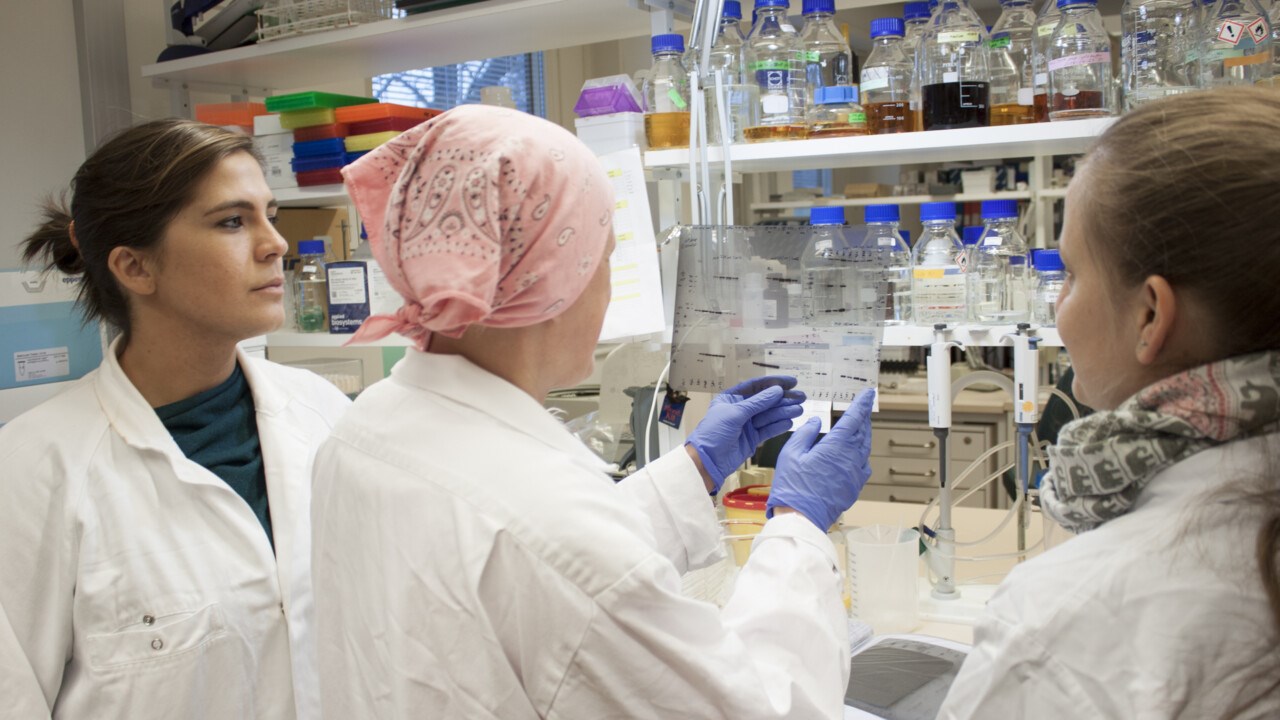About the dissertation
Anna Bergonzini, Department of Molecular Biology, Umeå University, defends her thesis entitled Effects of bacterial genotoxins on immune modulation, chronic inflammation and cancer development on Friday Februari 24th. The defense will take place at 09.00 am in Major Groove at the Department of Molecular Biology, University hospital area, building 6L. The faculty opponent is Professor Steffen Backert, Erlangen, Germany.



